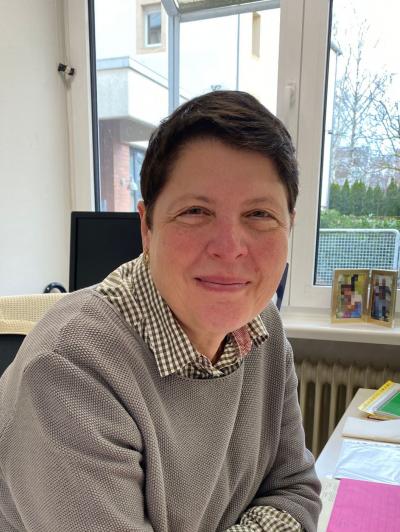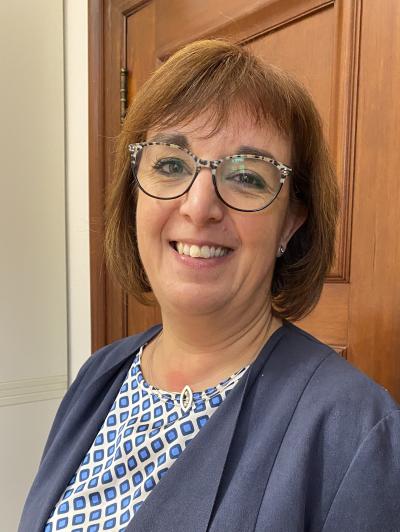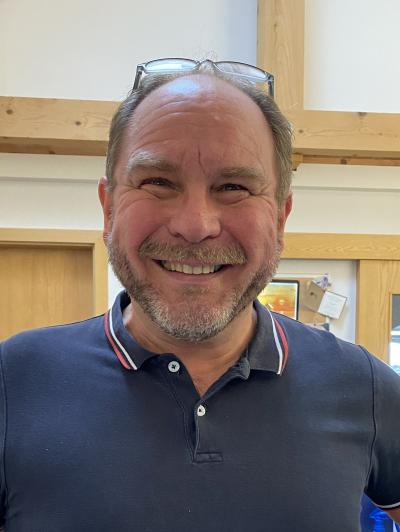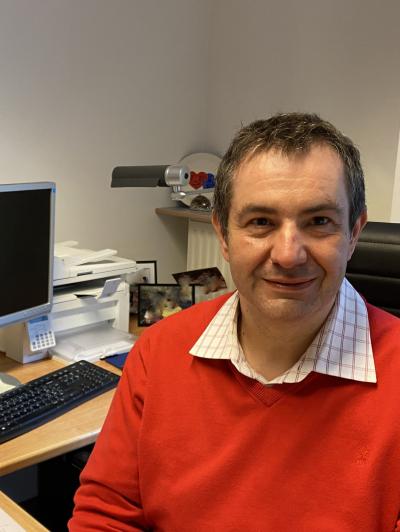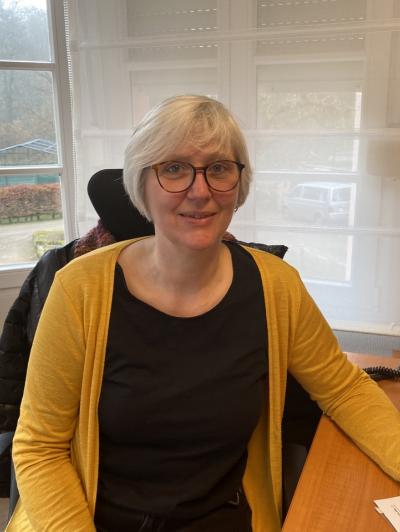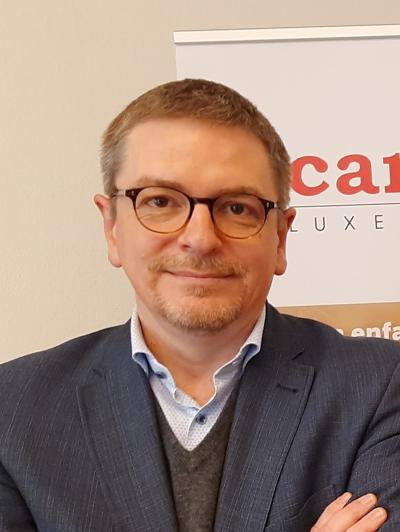
François Nzabahimana - A man of experience and an actor in the field
Friday 23 November 2018
Three months in South Sudan then three weeks in Luxembourg. That is the routine that François Nzabahimana has opted for. He manages, or rather sets to music, large agricultural development projects combined with a new form of social cohesion between everyone who contributes to them in around ten villages.
The paths of destiny are impenetrable, and François would be the last person to disagree with this. He was born in 1955 in Rwanda. A gifted pupil, he passed through primary and secondary school with ease before studying economics and social sciences at university. His aim was to manage a small or large company. He then became very involved in community groups, participated in the financing of agricultural cooperatives, took a close interest in farmers' organisations, and gave in-depth thought to the processing of agricultural products and bringing them to market via cooperatives.
After eight years at the Iwacu "Centre de Formation et de Recherche" (Training and Research Centre) and having organised the first farmers' congress and made a film on the famine in Rwanda, François was called upon to serve at the heart of government as Minister of Trade and Consumer Protection. At the end of his career in the executive branch, he was appointed director of the "Union des banques populaires du Rwanda" (Union of Popular Banks in Rwanda). His path seemed to have been mapped out, but the genocide that caused bloodshed in his country decided otherwise. François and his family went into exile. They found refuge in Brussels in April 1994. Shortly afterwards, François was named finance director of a rural development NGO. And when he learned in 2012 that Caritas Luxembourg was looking for a head of mission for a long-term project in Africa, he stepped forward and was given new responsibilities. They related to a development project in South Sudan, in the region known as Eastern Equatoria, which borders Ethiopia, Kenya and Uganda.
Unlike the capital, Djouba, where there had been violent conflicts, particularly in 2013 and 2016, life in Eastern Equatoria was more peaceful. But hard. Malnutrition and food shortages are part of the daily lot for a large proportion of the population.
Train the trainers to train the rest
Having provided emergency aid including food and seed distribution, and having financed the construction of some 400 huts with local materials (wooden walls and thatched roofs) in around ten villages, Caritas Luxembourg has a clear focus on sustainable development. Over time, this project, the groundwork for which was laid in 2007, has grown in scope. Rudimentary and based on monoculture, agricultural practices have been overhauled. To achieve a change in mentality, it was firstly necessary to train communities of young people, known as agricultural extension workers, who in turn passed the message on to others. François says that it has been a real success which has entailed bringing together a community, which has bonded over the years. He has encouraged the planting of radishes, aubergines, bananas, sorghum, heirloom local cereals such as millet or mountain rice, soya, sesame and different types of lentil.
Groups of women have been organised in 12 villages. With the support of Caritas Luxembourg, they are helping to combat malnutrition by educating mothers and producing flour to make porridge for malnourished children. This group of around fifty women also take part in the project's other crop and livestock farming activities.
There are still several steps to be taken, such as the so-called "mix farming" stage, which consists of combining crop growing with livestock farming. These crops need to be processed to make seeds, semolina, flour and fodder for animal feed.
Caritas Luxembourg's project is at a turning point and needs monitoring from close quarters, so François has spent every three months in Sudan. However, getting home is a real obstacle course. His journey takes three days. He flies from Luxembourg to Brussels and then on to Amsterdam where he catches a flight to Nairobi before landing at Djouba. From there a bush taxi plane takes him to Torit, where he lives and spent the first year under canvas. But it didn't break his spirit. It was well worth it, he says with great conviction.
There is yet another major challenge to be addressed: forest desertification. In response to increasing deforestation, François distributed 10,000 saplings in 2018. The dream is to plant 100,000 trees in 2019 and 2020. However, he has come up against a popular belief that trees grow by themselves, whilst he envisages plantations of mangos, oranges and avocados etc. But that is another story!
[[drupal_media_877]]
Linked news
Donate
Your donation is essential to ensure the continuity of Caritas Luxembourg's actions in the service of the poor.
Other donation methods
